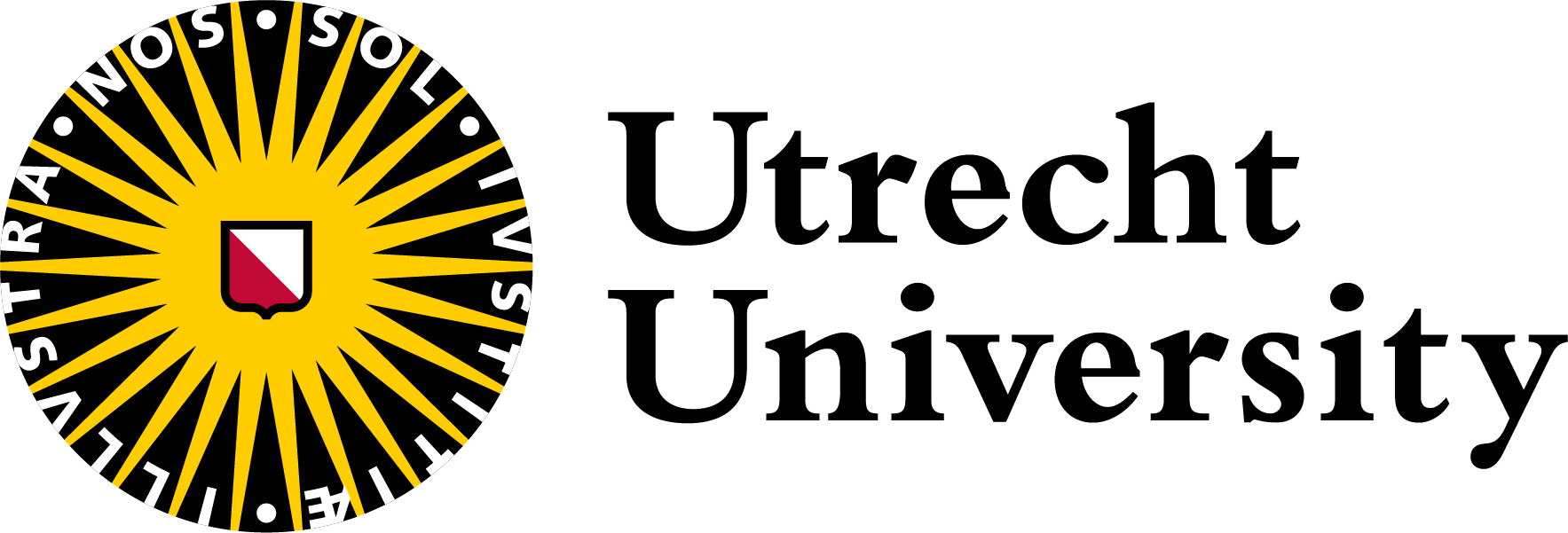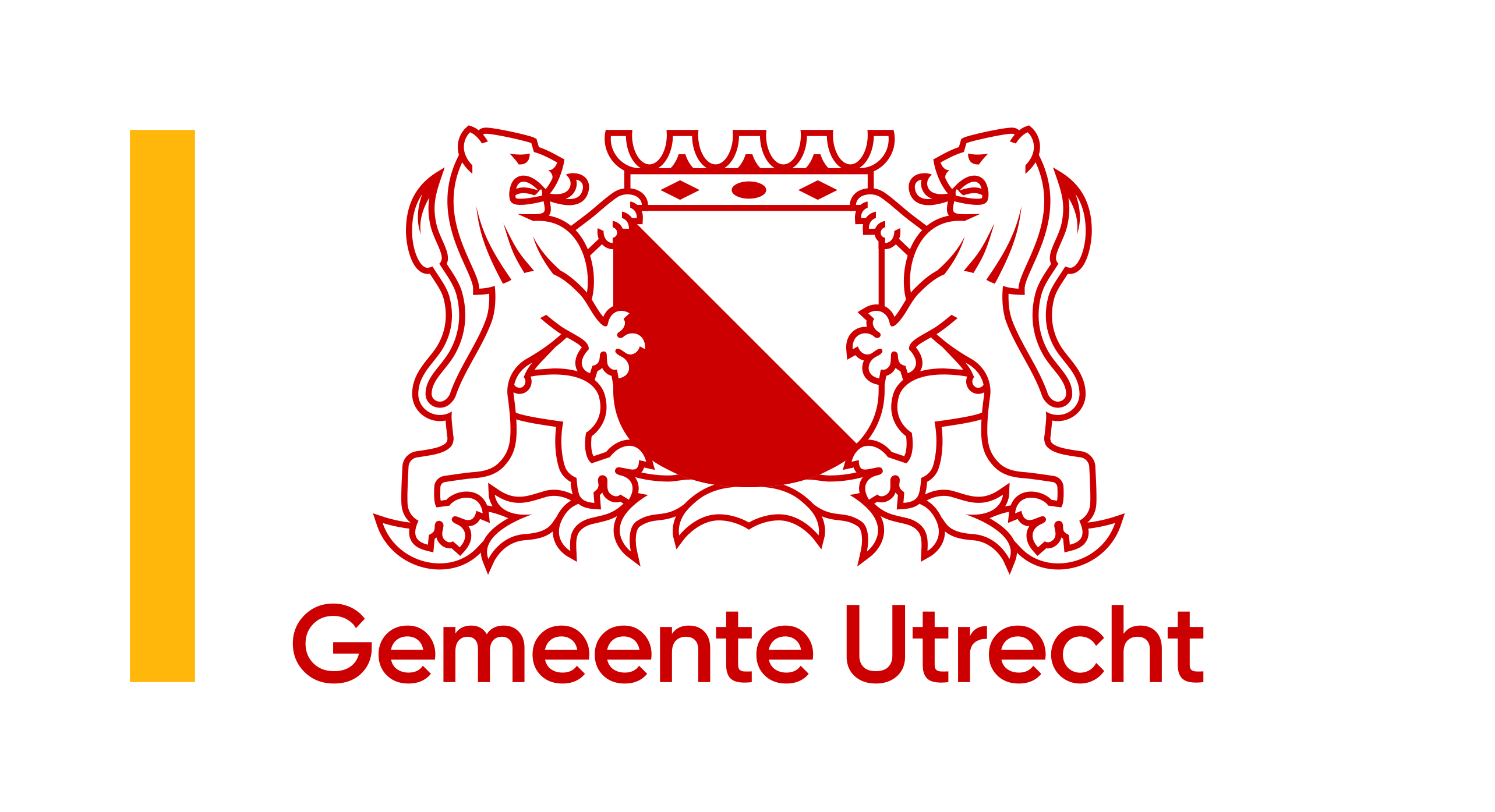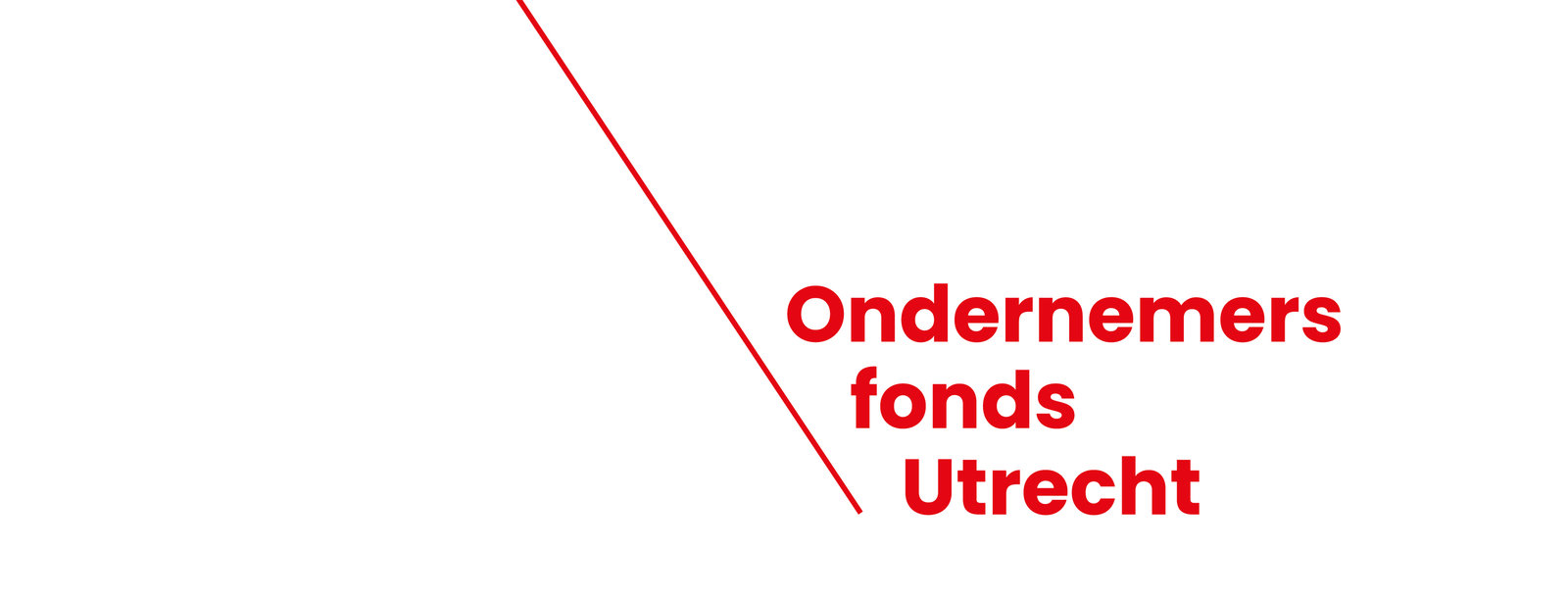Open-ICT students project: chip with patient information could save lives on ambulance
Imagine something happens and you need an ambulance. You have an allergy or are on medication, but the ambulance staff don't know that and you are unable to tell them. Then they can make wrong treatment choices. What if you could carry that kind of information with you? With that idea, students from the Hu University of Applied Sciences Utrecht from the Open-ICT programme set to work. The result: the Secure Medical Information Chip.
The Secure Medical Information Chip fits all relevant, medical information that an ambulance worker might need in case of emergency. The chip is conveniently incorporated into a wearable; a necklace. With the application built, the chip can be easily read by practitioners.
This is not a solution to an imaginary problem. Students who helped design the chip spoke to professionals at UMC Utrecht beforehand. These indicated that they suffer two to four deaths every year because of such a situation. It will happen even more often that optimal care is not provided due to a lack of correct patient information, resulting in a patient not receiving the optimal treatment, with all its (health) consequences.
Turku, Finland
The students collaborated in the project with students from Finland's Turku University of Applied Sciences. How does such an international collaboration come about? Lecturer Robert van Seeters: "Open-ICT is a special study, where little theory is taught and learning happens mainly in practice, with practical assignments from real companies very early in the study. The course in Turku works in a similar way, so cooperation was obvious. A colleague has been a teacher there for many years and so had the necessary contacts." And so one group went to work in Finland and one in the Netherlands. Student Sven Loeve was the link between the two teams.
Blood type unimportant
Sven: "When we started, we had no idea how current systems run. We had to learn a lot. For example, that ambulance services work separately from hospitals, with separate systems. We also had to investigate what information the ambulances actually need. The blood group was the obvious one, but it turns out they don't need it at all; there is a quick test for that that they always do themselves. What they want first is someone's name, age and the contact details of a loved one. And then: possible allergies, medication and any implants."
Privacy, privacy, privacy
Medical information is already collected in the Electronic Patient Record (EHR), but it is not always accessible. Healthcare staff are very reluctant to open personal belongings such as wallets and phones because of privacy laws, and without a BSN number you cannot access the EPD. So a new solution is needed - but brings just as many privacy challenges. "There are hundreds of them!", says Sven enthusiastically and by no means discouraged. "Every piece of data we hope to get in from patients is turned inside out to comply with all privacy aspects. We also add robust encryption to our application. I make sure the product ultimately meets all privacy requirements."
Startup: ERIA
Voor Sven stopt het project niet aan het eind van zijn studie: hij heeft besloten er een startup voor op te richten onder de naam ERIA. Hij heeft hier al gesprekken voor gevoerd met het UMC Utrecht en de RAVU, de Regionale Ambulancezorg Voorziening Utrecht. “Ze zijn heel geïnteresseerd. Er ligt inmiddels een Minimum Viable Product (MVP). Deze voldoet nog niet aan alle regelgeving, maar werk al wel zodanig dat we demonstraties kunnen geven aan geïnteresseerden.”
Open-ICT
So ICT student Sven, meanwhile, is also learning all kinds of things about the business aspects of innovation. "We call that in-depth learning: following the route your learning path sends you on," Robert explains. "At Open-ICT, we encourage students to take their ideas further and have the knowledge to do so. This sets us apart from other programmes. It leads to a lot of student involvement, a lot of enthusiasm." Sven can confirm this: "I see it in many fellow students; they go rock hard if they can actually take up the opportunities and possibilities they see."
UtrechtInc
Sven Loeve started his startup under the umbrella of UtrechtInc, the Startup incubator at the Utrecht Science Park that helps students, researchers and tech entrepreneurs realise their idea for a scalable business. Sven: "They are incredibly driven there and have a lot of knowledge. I recommend every student with a business plan to visit them."
Sven is currently looking for reinforcements for his team. Do you have relevant, technical or business knowledge in house and are interested? Contact Sven and ERIA, at info@eria-lifesystems.com.
Source: Hogeschool Utrecht (in Dutch)








